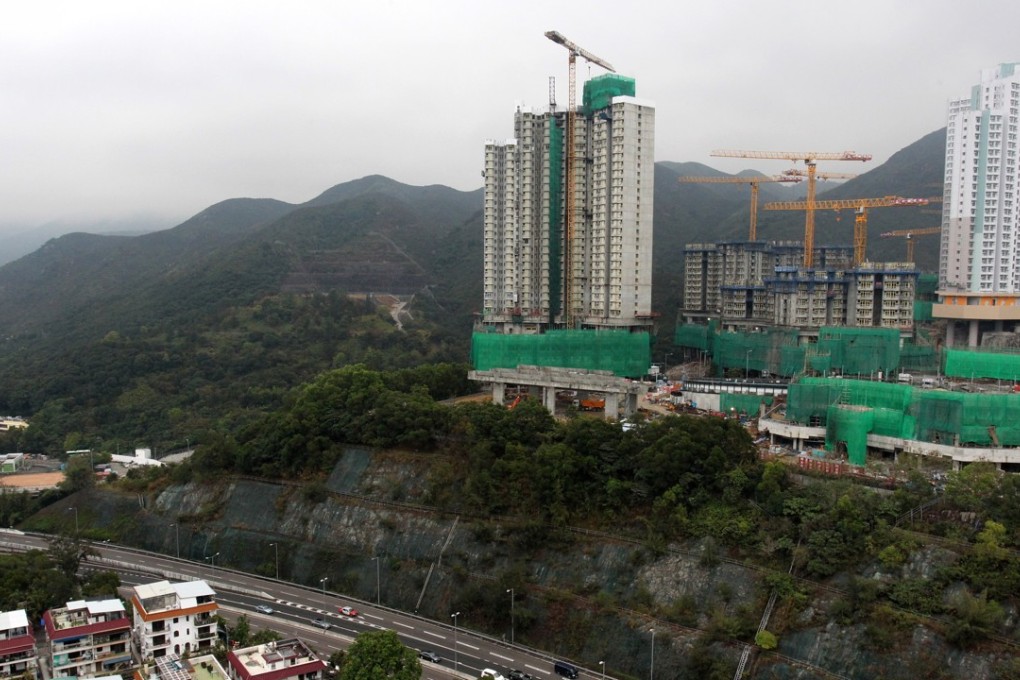Hong Kong pushes on with controversial proposal to build housing on fringes of country parks
Government commissions 18-month study on building public housing and homes for elderly on periphery of Tai Lam and Ma On Shan country parks

Space-starved Hong Kong is moving ahead with a highly controversial government proposal to use protected country park land for subsidised housing.
The not-for-profit Housing Society has been tasked to conduct an 18-month study into the feasibility of building public flats and homes for the elderly on two 20-hectare sites on the edges of the Tai Lam and Ma On Shan country parks.
“We are not saying we are going to build flats in country parks now,” Housing Society CEO Wong Kit-loong said. “But the study will facilitate public discussion. We hope to also understand why people disagree [with the proposal].”
Watch: Why is land in Hong Kong so expensive?